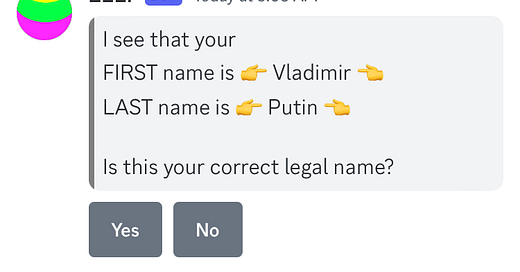ZELF, Evolve's Latest Headache, Reveals Stunning Gaps In Its Controls
CFPB Digest: Nexo, Cash App, SCRA; Adam Neumann Does Fintech
Hey all, Jason here.
I enjoyed the couple of days I was able to spend in Saudi — despite some notable differences in the financial services landscape (Sharia-compliant products), there were more similarities than differences: lots of discussion of the opportunities presented by open banking, instant payments, the viability of BNPL, and the future of cryp…



